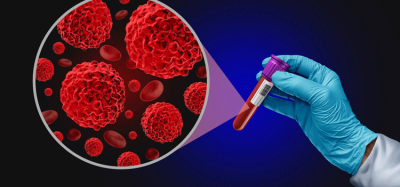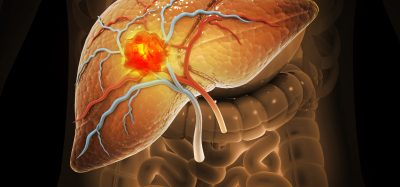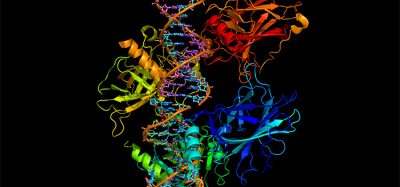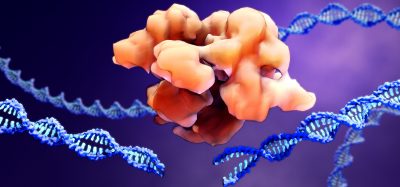Novel tool to rapidly diagnose sarcoidosis
Posted: 29 February 2024 | Drug Target Review | No comments yet
A highly specific blood test can differentiate between patients with sarcoidosis and other respiratory conditions, like TB or lung cancer.
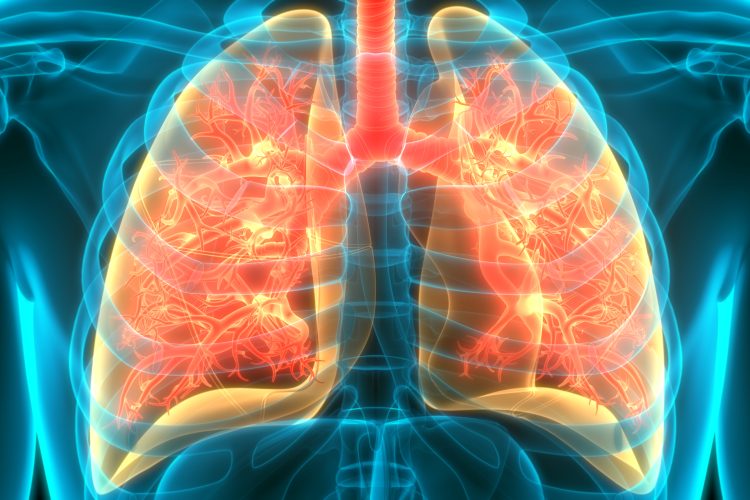
Researchers from the Wayne State University School of Medicine, supported by the National Institutes of Health (NIH), have developed a tool to diagnose sarcoidosis rapidly and inexpensively. This tool uses a simple blood test to enable a more selective use of invasive diagnostic tests typically used to identify the disease.
Sarcoidosis, a chronic inflammatory disease marked by the growth of granulomas in the lungs and other organs, affects an estimated eight to 11 people per 100,000 in the United States. Although the exact cause is unknown, scientists hypothesise that it is triggered by a group of specific antigens.
Director of the NIH’s Division of Lung Diseases at the National Heart, Lung and Blood Institute (NHLBI) Dr James Kiley stated: “Currently, diagnosing sarcoidosis isn’t a straightforward process and requires tissue removal and testing with additional screenings to rule out other diseases, such as tuberculosis or lung cancer.”
He added: “Using a blood test will help diagnose faster, particularly in those organs that are more challenging to biopsy and with less harm to the patient.”
Led by Dr Lobelia Samavati, professor of internal medicine and molecular medicine and genetics, the researchers collected lung fluid samples and blood cells from patients with pulmonary sarcoidosis and extracted the genetic material to identify the antigens and determine which might be linked to sarcoidosis. Then, they used a combination of molecular techniques to focus on two newly described disease-specific antigen biomarkers that only bind to the antibodies of sarcoidosis positive patients.
To determine whether they could accurately detect sarcoidosis, the team designed a highly specific blood test which needs only a small amount of blood, which was verified by comparing blood samples of 386 people, including patients with sarcoidosis, patients with lung cancer, patients with tuberculosis and healthy individuals. The test could differentiate people who had sarcoidosis from those with other respiratory diseases.
Dr Samavati commented: “More testing needs to be completed before this screening method is ready for clinical use, but it’s possible that could be a reality within a few years.”
This study was published in the American Journal of Respiratory and Critical Care Medicine.
Related topics
Screening
Related conditions
Lung cancer, Sarcoidosis, Tuberculosis (TB)
Related organisations
National Institutes of Health (NIH), Wayne State University School of Medicine




